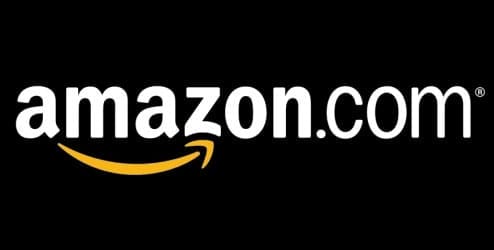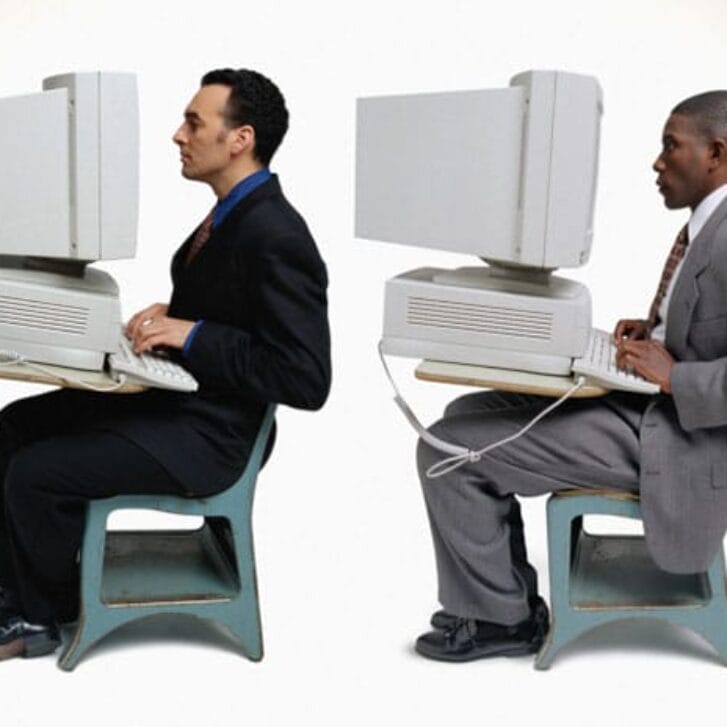Amazon CEO Jeff Bezos drove to Seattle about 22 years ago to start an online bookstore.
Bezos is still running Amazon today as if it were a startup — and its first quarter results reveal his exceptional ability to keep a huge public company growing fast — with a unique blend of low- and high-margin businesses.
If you have a stomach for ups and downs, invest in Amazon — in which I have no financial interest. Given that online constitutes a mere 8% of retail sales, Amazon is far from saturating its growth opportunities.
But is Bezos really America’s greatest CEO? After all, The New York Times pointed out that he makes plenty of his employees supremely miserable. And investors often carp about Amazon’s lack of profitability and its frustratingly opaque financial disclosure.
These flaws would guarantee Amazon a sub-100% grade on my Value Quotient (VQ) scale – as described in my seventh book, Value Leadership – that grades public companies between 0 and 100 scale based on how well they perform each of 24 specific activities.
Before getting into Bezos’s place in the pantheon of American business leaders, let’s look at Amazon’s boffo first quarter 2016 results. Amazon’s revenue popped 28% to $29.13 billion and it earned a profit of $513 million (after losing $57 million a year ago) — or $1.07 a share.
Amazon stock soared 12% after the report — adding a cool $6 billion to Bezos’s net worth. It’s no shock since Amazon exceeded investor expectations – analysts surveyed by Thomson Reuters expected 4% lower revenues and 84% lower earnings. Amazon profits most from a technology service that supports its breakeven core e-commerce business. It invests its spare capital in creating new products and extending its delivery service so it can keep growing at least 20% a year.

About a decade ago, Amazon rented out the computer system it uses to manage its e-commerce business to startups and others. In 2016, Amazon expects to generate $10 billion in revenues from the so-called cloud service dubbed AWS — from which it enjoyed a 64% surge in revenue to $2.57 billion in the first quarter while earning a 23.5% gross profit margin.
But that 9% portion of Amazon’s total revenue constituted a whopping 56% of Amazon’s total operating income.
How can Amazon be squeezing profit from such a competitive industry? It has deep-pocketed rivals such as Microsoft Azure, Google Cloud Platform, and IBM SoftLayer.
But Amazon is the biggest in the business by a long-shot. Synergy Research reported that AWS controlled 31% of the cloud infrastructure services market in 2015 while Azure was number two with 9%.
Amazon leads and is making a big profit even though it says that it’s offered customers 51 price cuts. However, those cuts are very specific and Google has argued that its prices are between 15% and 41% lower than Amazon’s, according to ZDNet.
Amazon counters by noting that customers care more about the range of features and capabilities it offers.
Superior profits emerge from the ability to drive a big wedge between what customers are willing to pay for a product and what it costs to design, build, deliver, and service it.
AWS’s leading market share lets it operate with lower costs.
That’s because its greater scale enables Amazon to spread the fixed costs of building, expanding, and servicing its IT infrastructure over far more individual customer transactions — conferring AWS with superior economies of scope.
If AWS indeed charges higher prices while operating with lower costs, it likely enjoys a dual advantage which should lead to high profit growth.
This brings me to why I think Bezos is such a great CEO.
My VQ measures how well a company treats employees and communities — where Amazon does not do spectacularly.
The Times reported last August that Amazon’s workers endure “withering criticism from their superiors and others who said they were elbowed out of the company when their performance suffered for various reasons, including illness.”
Bezos commented on the Times article by writing his employees saying he didn’t “recognize this Amazon and I very much hope you don’t, either.”
And Jay Carney, Amazon’s Senior Vice President, Corporate Affairs, argued in Medium that Times reporters should have ”checked their facts.”
Where Amazon shines is in other dimensions — winning through multiple means, experimenting frugally, and fighting complacency.
Indeed Bezos does such a great job in these dimensions that he is the model of a big company CEO — taking in a miserly $81,840 annual paycheck along with $1.6 million in costs for his security — while building a huge, growing organization dedicated to a simple concept — providing competitively superior value to the customer.
Without getting into each of the ways he does this, according to the Bezos-owned Washington Post, here are some recent examples of how Bezos experiments frugally and fights complacency:
- Expanded Dash buttons, “small, Internet-enabled devices that can be placed in a pantry or laundry room so shoppers can stock up on items like granola bars, coffee or detergent with the touch of the button;”
- Partnered with Brita to launch “a WiFi-connected water pitcher that orders new filters automatically when needed;”
- Rolled out the “Echo Dot and the Amazon Tap, that use its Echo voice-activated personal-assistant software;” and
- Invested in different logistics schemes including “buying its own trucking fleet and experimenting with an on-demand, Uber-like network of drivers that can make deliveries to customers’ homes” — to help offset the 37% rise in its fulfillment costs to $3.7 billion in the quarter.
Though 2016 online sales are expected to hit $385 billion, eMarketer says that represents a mere 8% of total retail sales. This suggests a big growth opportunity ahead.
Bezos is a CEO who earns his keep because he defies conventional attitudes towards employees and investors in pursuit of a simple goal that is difficult to achieve — keep growing fast by giving more customers more products and services with great service and a decent price.
Doing that means taking chances, learning from mistakes, and betting more on winning ideas.
As long as Bezos is CEO, investing in Amazon stock is likely to be a rocky but upward ride.
























